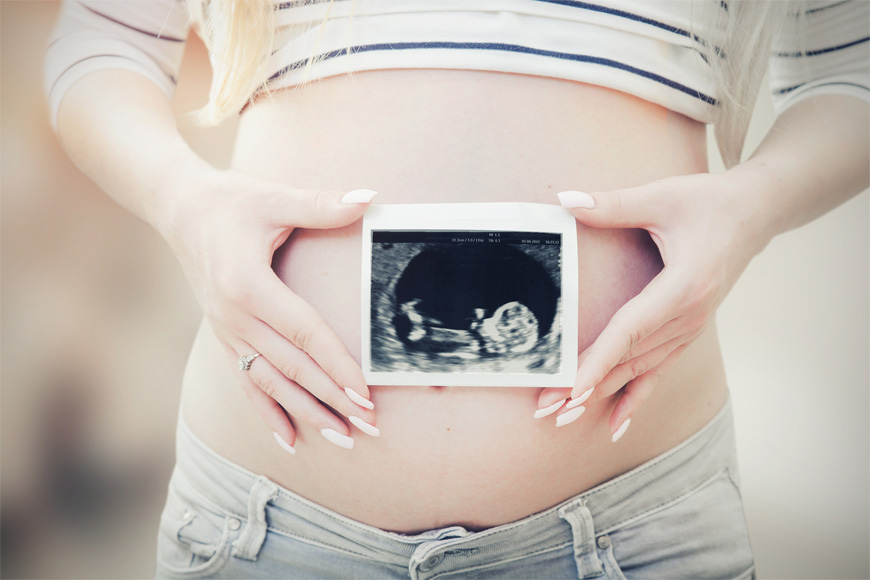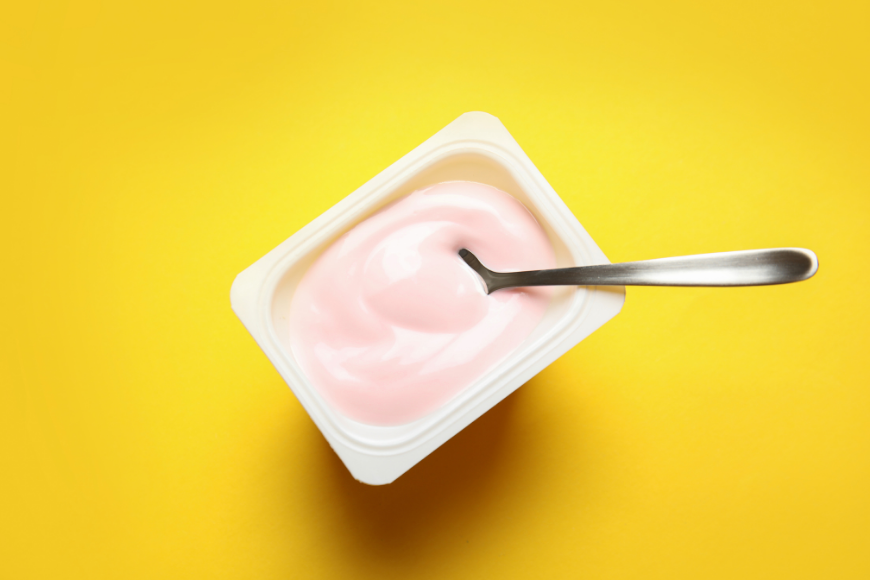If you're a nursing mother and you're wondering about the effect of fasting on you and your baby, here's what you should know.
8 June 2016
| Last updated on 19 February 2018
Well, several issues need to be addressed in this case. First of all, the body is able to adapt well to changes in diet habits and can maintain adequate amounts of breast milk while fasting, as long as the mother is not severely dehydrated.
There was one study in 2006 that showed that levels of magnesium, zinc, and potassium decreased in the breast milk of fasting mothers during Ramadan, which highlights the importance of maintaining a balanced diet in fasting mothers.
In other words, nursing mothers should make sure to eat and drink well between dusk and dawn before the fasting period starts, so that they maintain an adequate level of hydration and replenish their nutrients.
The second important note is that mothers should be aware and observe both their own symptoms and their babies’ symptoms to decide whether fasting is affecting them negatively.

Symptoms of severe dehydration include headache, dizziness, dry mouth and lips, and dark-colored urine. This severe dehydration would be reflected in decreased amounts of milk, which will reflect in decreased nutrition to the baby.
The baby in this case would have less wet diapers, cries more and asks for more feeds, and might ultimately lose weight on the long run. In this case, nursing mothers would better break their fast and seek medical attention.
Remember also that different bodies react to stress differently: some mothers might find it easier to fast and maintain adequate nutrition for themselves and their babies, while others might find it more difficult.
Therefore, my advice if you are planning to fast is to eat and drink well during the non-fasting hours, maintain a good nutrition, and observe your symptoms and those of your babies. In case of doubt, dehydration, or severe symptoms, break your fast, especially with lots of fluids, and make it up later.


























.png?itok=HBSyMDok)





















































































.png?itok=0fOAXkOm)















.png?itok=EH_x0Pha)













